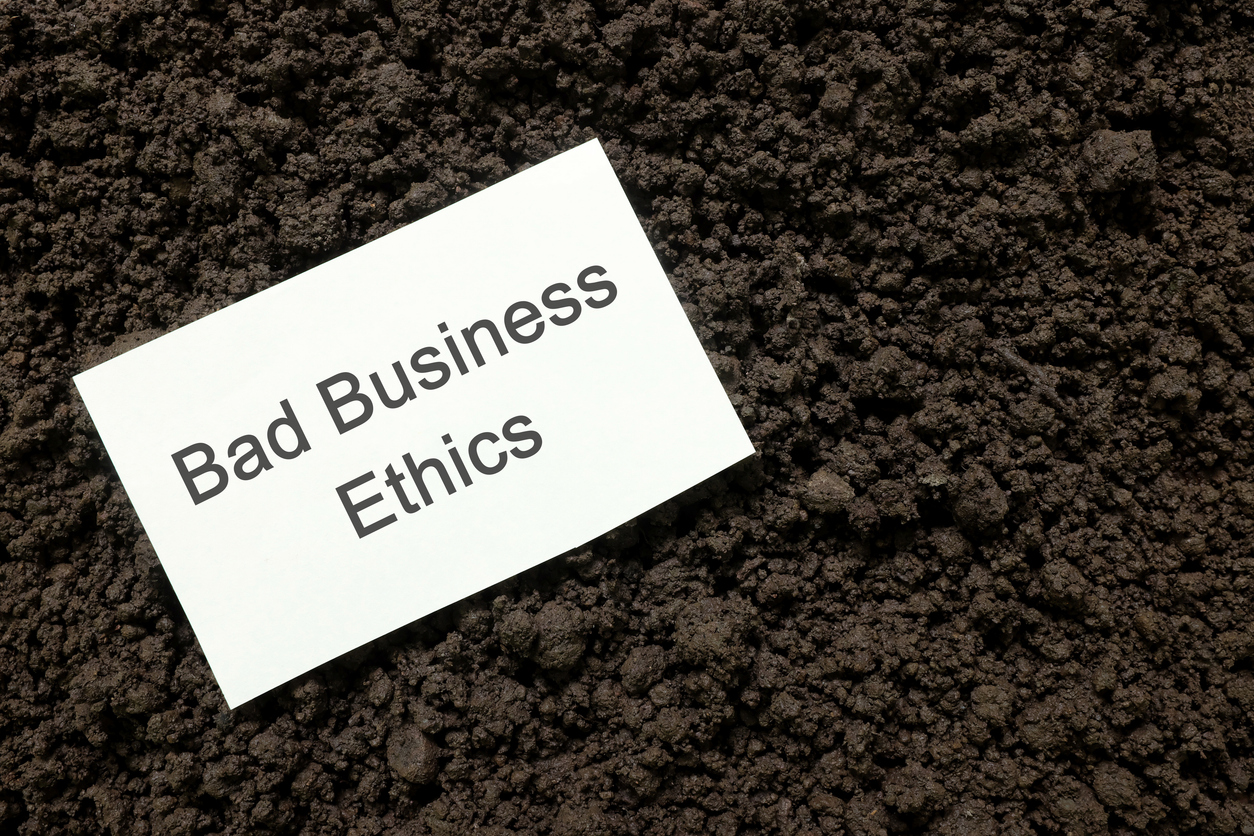Business interruption coverage is very valuable to many policyholders in the wake of Hurricane Michael. Florida business owners may seek coverage under their commercial insurance policies for business interruption, which indemnifies them for lost earnings and expenses if their businesses are partially or totally interrupted as a result of Hurricane Michael. Business interruption coverage is intended to protect the potential earnings of the insured business. Its purpose is “to do for the insured…just what the business itself would have done if no interruption had occurred—no more.”1
A typical business interruption policy provides that:
We will pay for the actual loss of Business Income you sustain due to the necessary “suspension” of your “operations” during the “period of restoration.” The “suspension” must be caused by direct physical loss of or damage to the property at the described premises… The loss or damage must be caused by or result from a Covered Cause of Loss.2
Recovery of potential earnings after a loss is governed by the period of restoration, which has a direct effect on the actual loss sustained. A typical definition in most ISO forms of “period of restoration” is:
The period of time that begins at the time of loss and ends on the date when the property at the described premises should be repaired, rebuilt or replaced with reasonable speed and similar quality or the date when business is resumed at a new permanent location.
Most coverage disputes between insurers and policyholders are over the appropriate calculation of losses, which involve the subjective measurement of time. Most commercial policies limit the period of restoration to the time it would take to repair or replace the damage “with reasonable speed or similar quality” and return the business to its pre-loss operational capability.
Under this provision, if the business owner repaired, rebuilt, and resumed operations within the policy time limits, the period of restoration is calculated from the date of the loss by a covered peril until the “actual time” it took to rebuild and resume operations, subject to certain offsets. Where the policyholder relocates to a new permanent location, the period of restoration ends when a “functionally equivalent” replacement could have been obtained.3
Many businesses were devastated as a result of Hurricane Michael and are not financially capable to even resume operations. If the policyholder chooses not to resume operation of the business, he/she can still make a claim for loss of business income. In such a case, however, the period required to rebuild or replace with reasonable speed and similar quality is entirely theoretical. Theoretical periods are highly contested because insurance companies utilize strict methods to determine when the insured should have been operational. Some policy forms limit the theoretical restoration period to “such length of time as would be required with the exercise of due diligence and dispatch to rebuild, repair, or replace such part of the property herein as has been damaged or destroyed.”4 Other policy forms define the restoration period to include “the period of time necessary for the business to achieve revenues at the same level at which it operated prior to the loss.”5
These rigid time measurements applied by the insurance companies do not take into account real world circumstances. At least one court has disagreed with insurance companies’ rigid restoration period structures due to the additional time needed to modernize or improve a structure during rebuild citing extra time needed for innovative design via an architect’s services.6
In conclusion, policyholders should carefully review their business model to determine the proper means of calculating their losses and should be reluctant to accept an insurer’s theoretical restoration period that does not take into account real world circumstances outside the insured’s control, which will yield a more accurate measure of recovery.
_____________________________
1 Nat. Union Fire Ins. Co. v. Anderson-Princhard Oil Corp., 141 F.2d 443, 445 (10th Cir. 1944).
2 ISO CP 00 30 10 12.
3 Duane Reade, Inc. v. St. Paul Fire & Marine Ins. Co., 411 F. 3d 384 (2nd Cir. 2005).
4 BA Properties, Inc. v. Aetna Cas. & Sur. Co., 273 F.Supp.2d 673 (D.V.I. 2003).
5 Gus Meat Co., Inc. v. Hartford Steam Boiler Insp. & Ins. Co., 1992 WL 107313 (N.D. Ill. 1992).
6 Anchor Toy Corp v American Eagle Fire Ins., 155 NYS 2d 600 (Sup. Ct. 1956).



